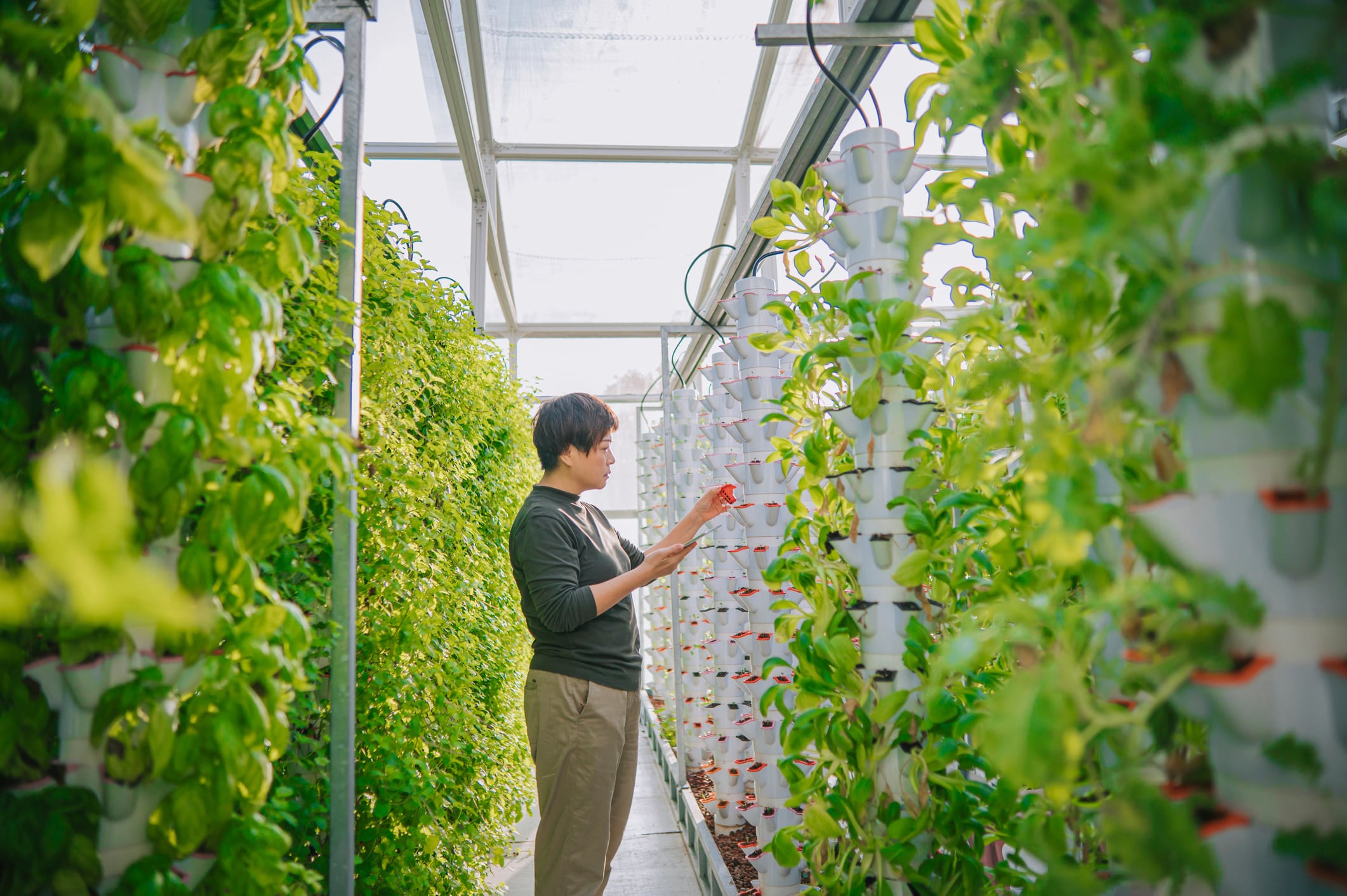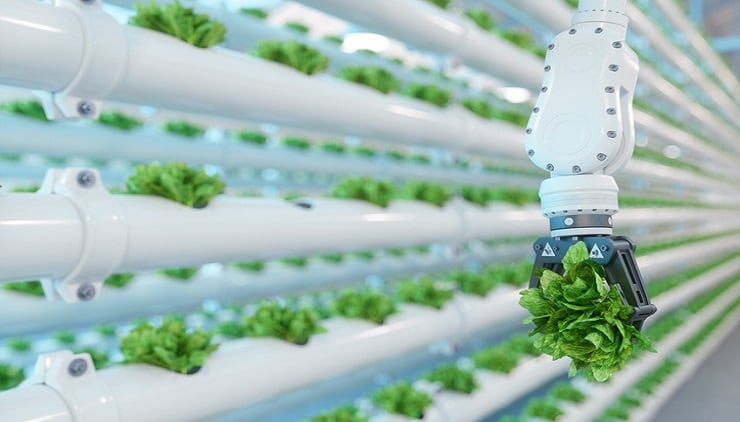Most of the research points to the artificial aspect of vertical farming happening in a “controlled environment” as a major hurdle to consumer acceptance.
This potentially affects investments and industry growth as consumer acceptance is reflective of how open consumers are and how stable a demand is for products grown from a new sustainable farming method.
The finding was based on a review of seven academic publications, sourced across Scopus, Web of Science, and Science Direct databases, conducted by researchers from the University of Debrecen, Hungary.
Limited marketing efforts around vertical farming also contributed to the lack of consumer awareness, which tends to lead to rejection.
Differing regulations around product label could explain the confusion experienced by producers when it comes to marketing efforts.
In the European Union, products of vertical farms are not allowed to be labelled as organic as regulation demands soil. In the US, while they can be labelled as organic, there are persisting debates about the regulation.
“Instead of implementing data sharing and extensive marketing campaigns, [producers] (could) simply market their products as conventional.
“From the business aspect, hiding the extra information means less risk because the formerly indicated actions require a huge amount of money, but their payback is uncertain,” the researchers explained.
There are generally limited marketing-related studies around vertical farms’ products, and the researchers highlighted willingness to pay for extra product information as an area worth studying.
Closing the gaps
The review showed a proven demand for traceable products and that consumers are willing to pay an extra price for extra product information.
That said, the researchers highlighted that the best way for vertical farm producers to educate consumers of this new farming method is marketing it as a traceable product.
Afterall, vertical farming was initially touted as a farming method with a short supply chain, where producers could sell the products where they produce it.
A traceability system that could be implemented through smart and standardised solutions to enable a certification system and provide additional information about the product to consumers.
For example, scanners could be used across production to logistics, and these data could be uploaded to the cloud where it gets shared with the customers.
The researchers also recommended for an industry association, such as the Association for Vertical Farming, to take the lead in enabling knowledge-sharing, clarifying regulations around product labelling, and the harmonization of a certification system around vertical farming.
“The authors want to highlight the disordered situation of vertical farming with the current work. If it were considered organic or was given its own category, this would strengthen the knowledge and acceptance of its products. However, the current grey zone is not ideal.”
Concluding the paper, the researchers highlighted the challenge of understanding the differing concepts of vertical farms across regions as they may have varying dependence on vertical agricultural plantations. It is therefore for future research to explore the regional nuances to vertical farming.
Source: sustainability
“The Impact of Technophobia on Vertical Farms”
Authors: Csordás, A., & Fuzesi, I.




